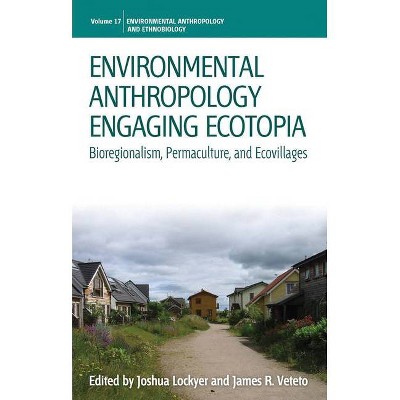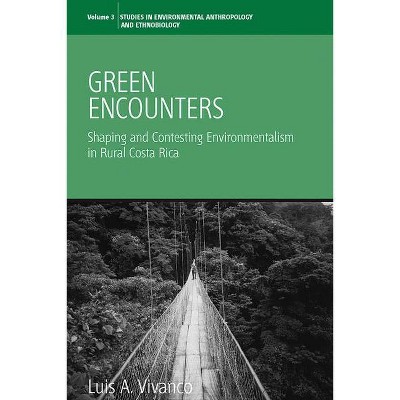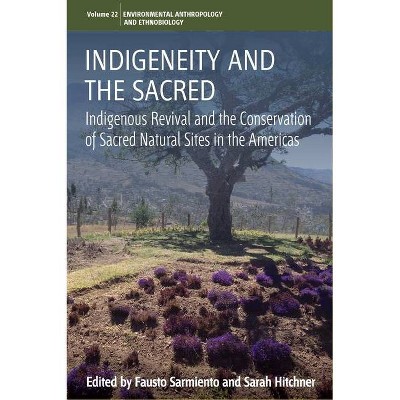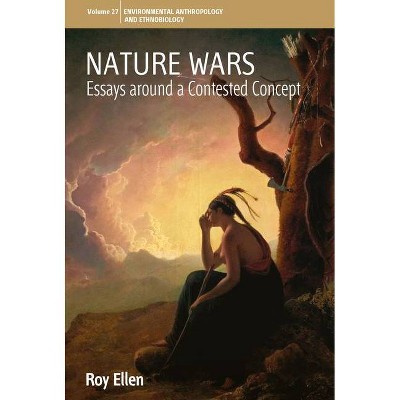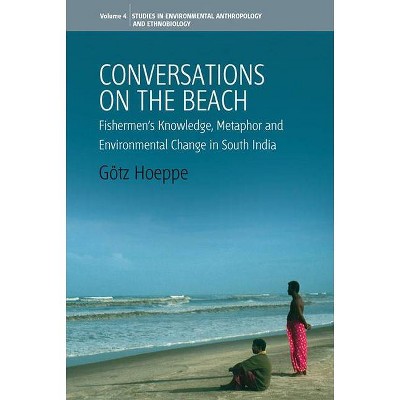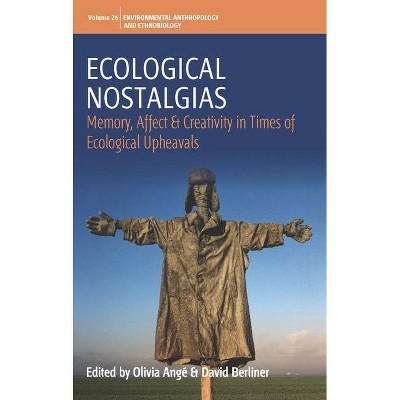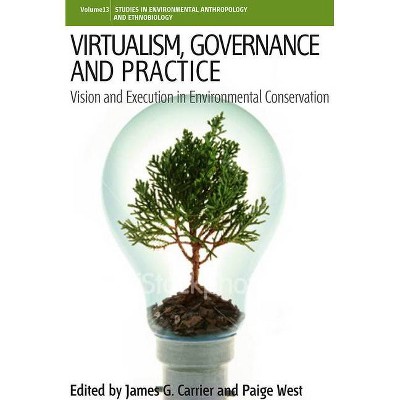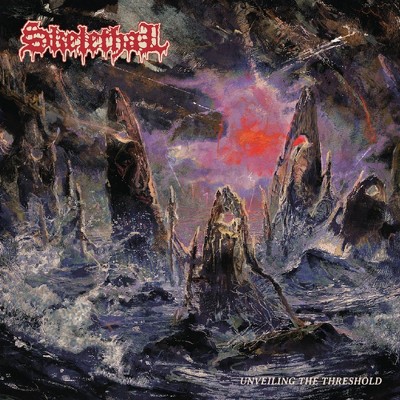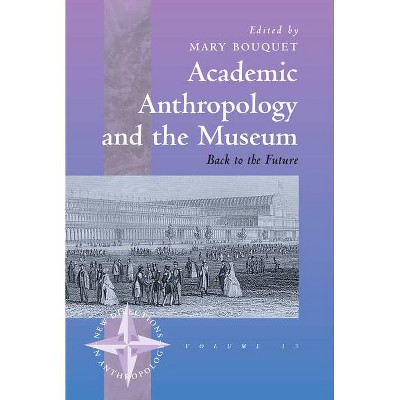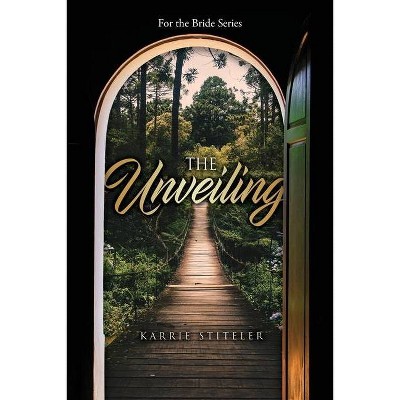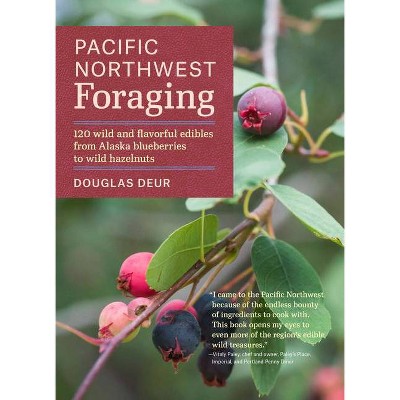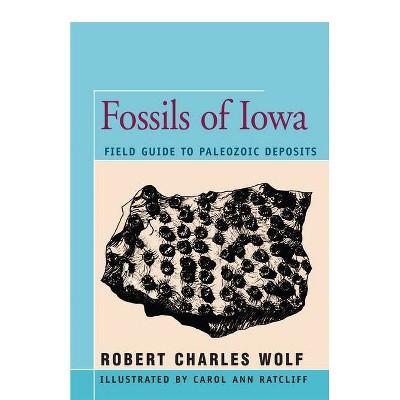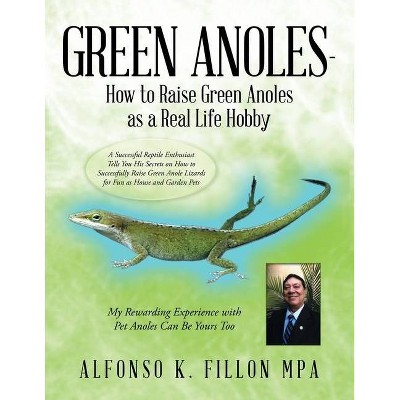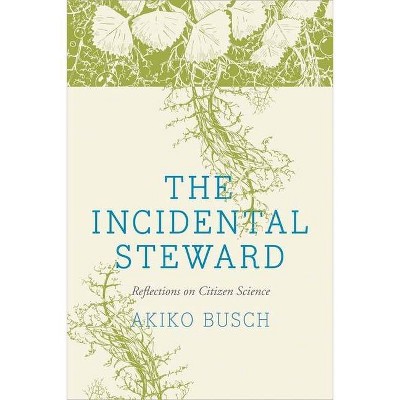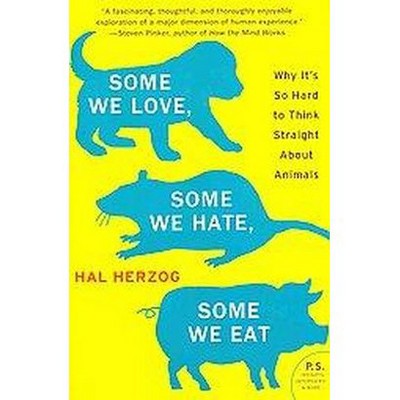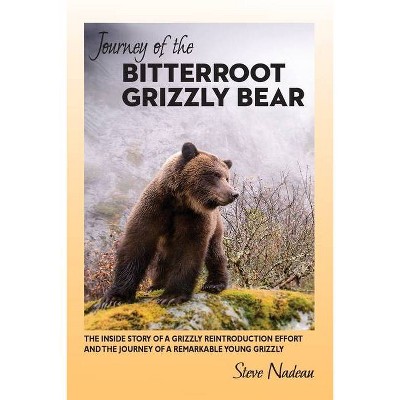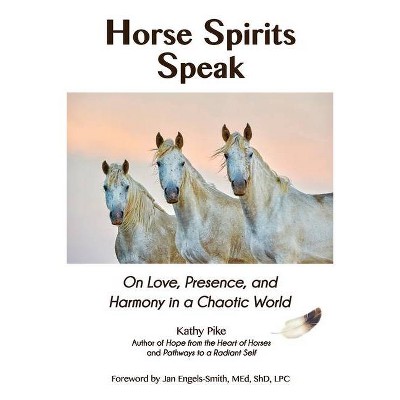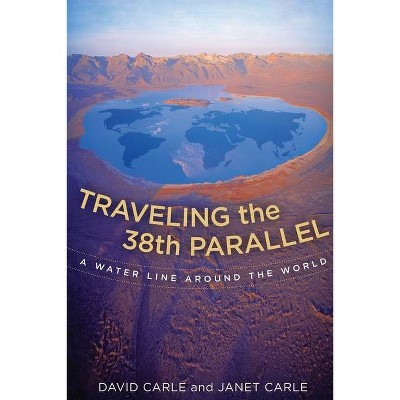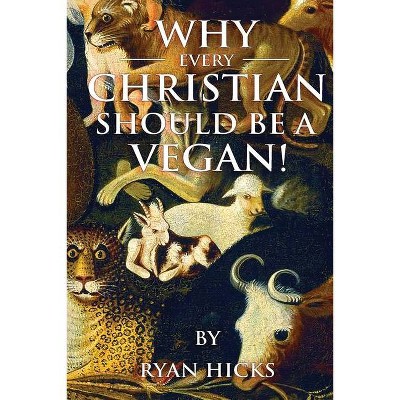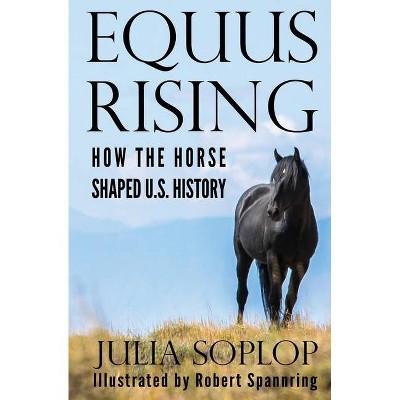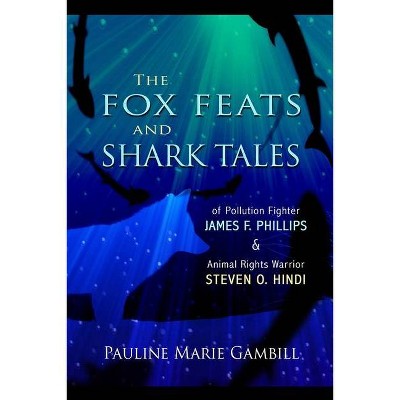Unveiling the Whale - (Environmental Anthropology and Ethnobiology) by Arne Kalland (Paperback)
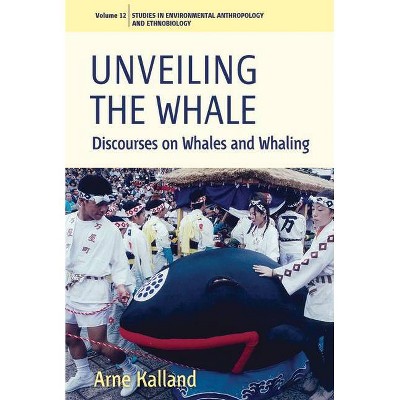
Similar Products
Products of same category from the store
AllProduct info
<p/><br></br><p><b> Book Synopsis </b></p></br></br><p> Whaling has become one of the most controversial environmental issues. It is not that all whale species are at the brink of extinction, but that whales have become important symbols to both pro- and anti-whaling factions and can easily be appropriated as the common heritage of humankind. This book, the first of its kind, is therefore not about whales and whaling per se but about how people communicate about whales and whaling. It contributes to a better understanding and discussion of controversial environmental issues: Why and how are issues selected? How is knowledge on these issues produced and distributed by organizations and activists? And why do affluent countries like Japan and Norway still support whaling, which is of insignificant economic importance? Basing his analysis on fieldwork in Japan and Norway and at the International Whaling Commission, the author argues how an image of a "superwhale" has been constructed and how this image has replaced meat and oil as the important whale commodity. He concludes that the whaling issue provides an arena where NGOs and authorities on each side can unite, swapping political legitimacy and building personal relations that can be useful on issues where relations are less harmonious.</p><p/><br></br><p><b> Review Quotes </b></p></br></br><br><p> <em>"Kalland's direct approach is to be commended as well as the accessibility of the book (blessedly free of jargonized language), and for creating new avenues for further research into the attribution of values and anti-values to highly contentious environmental discourses."</em> <strong>- Durham Anthropology Journal</strong></p> <p> <em>"Kalland's deconstruction of the 'Superwhale' as an environmentalist symbol and magnet for New Age belief systems is a very accessible and engaging example of discourse analysis. Many readers will find it a bit unsettling to recognize their own unexamined pro-whale, anti-whaling sentiments as elements of a hegemonic discourse centered on a figment of shared imagination--a body of values, sentiments, and emotive symbols--rather than a flesh and blood animal."</em> <strong>- Choice</strong></p> <p> <i>"...a unique work. Surprisingly, perhaps, given the prominence of its subject, there is nothing comparable in the literature. It draws on the author's decades-long devotion to the topic. As a result, it is rich in its command of the academic, policy, and popular literatures on the subject. It is, simply put, authoritative. It is also convincing."</i> <strong>- Michael Dove</strong>, Yale University</p> <p> <i>"a thorough and very interesting analysis of the whaling controversy."</i> <strong>- Kay Milton</strong>, Queen's University Belfast</p><br><p/><br></br><p><b> About the Author </b></p></br></br><p> <b>Arne Kalland</b> was until his death in 2013, Professor of Social Anthropology at the University of Oslo. He had written extensively on marine resource management and people's perceptions of nature. Recently he had addressed the relationship between religion and ecology. He edited several books on human-nature relations and done fieldwork in Japan, Norway and Thailand.</p>
Price History
Price Archive shows prices from various stores, lets you see history and find the cheapest. There is no actual sale on the website. For all support, inquiry and suggestion messages communication@pricearchive.us
